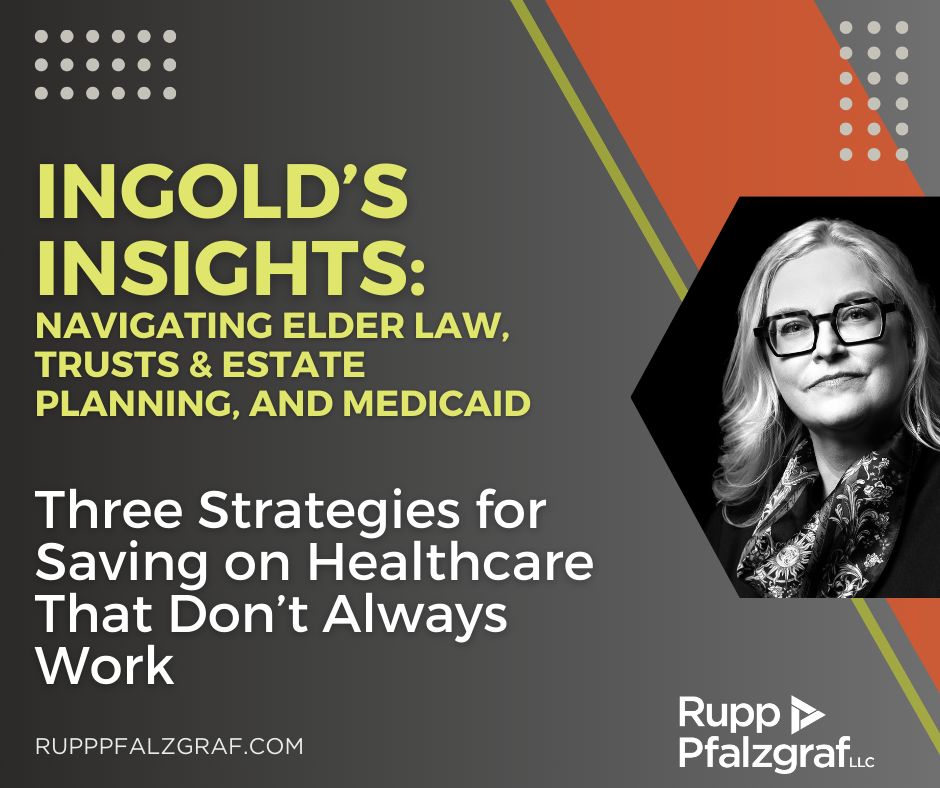
New York residents who are looking to cut their spending on healthcare have access to several low-cost alternatives to traditional health insurance. However, with careful consideration, many of these alternatives prove woefully inadequate as standalone solutions. Although they provide impressive benefits, using them by themselves could leave you lacking protection right when you need it most. The following options for saving on healthcare can end up costing you more than you think.
Concierge medical services don’t cover major medical procedures
Concierge medical services are fast increasing in popularity. With these, private practices and private doctors charge their clients flat fees for a specific range and duration of medical services. These are also known as primary care memberships. These arrangements cover things like house visits for minor illnesses, routine check-ups, blood tests, and even pediatric care. Many of the services provided under a primary care membership are unlimited. However, treatment for major injuries, surgery, and hospitalization aren’t part of these plans. Finding feasible, affordable ways to access specialists, urgent care, and reliable end-of-life care is a critical part of your healthcare crisis planning if you currently rely on concierge medicine.
High-deductible, low-premium coverage won’t meet your needs on its own
Also known as catastrophic policies, high-deductible insurance plans with low premiums won’t do much for you if you sustain a major injury or develop a serious illness. Despite being designed specifically for events like these, they often render essential treatment inaccessible. That’s because you’ll have to pay a hefty sum out-of-pocket before your coverage kicks in. For some policyholders, plan deductibles are more than $8,000. This coverage also blocks key benefits from the Affordable Care Act (ACA), such as premium subsidy assistance.
Beware of medical discount programs
Medical discount programs might seem a lot like health insurance in advertisements, but they don’t provide the same protections. These programs are not regulated at the federal level because they are not technically health insurance. Instead, they’re sold by private companies and subject solely to state regulations. Medical discount programs work well for covering the costs of medical supplies and services that aren’t covered by a primary health insurance plan. However, they don’t hold up well on their own.
Successfully planning for healthcare crises is infinitely easier when you know both the benefits and drawbacks of popular health insurance alternatives. While it might seem like you are saving on healthcare, they may cost you more in the long run. Finding the right policy and supplemental protections is the surest way to avoid overwhelming out-of-pocket costs in the future.

